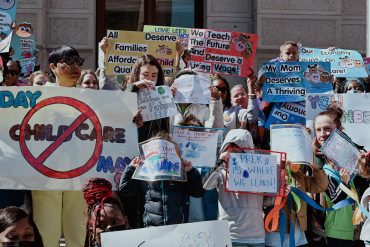Elliot’s Provocations: Bring on School-Aged Care
Can We Create a Seamless Melding of Early Child Care and School-Aged Care?
Linking early child care and school-aged care is a good idea both on the merits and the politics. I’m hardly the first one to point this out, but I want to highlight the opportunity here as we head into summer break and the acute headache it causes for many families.














